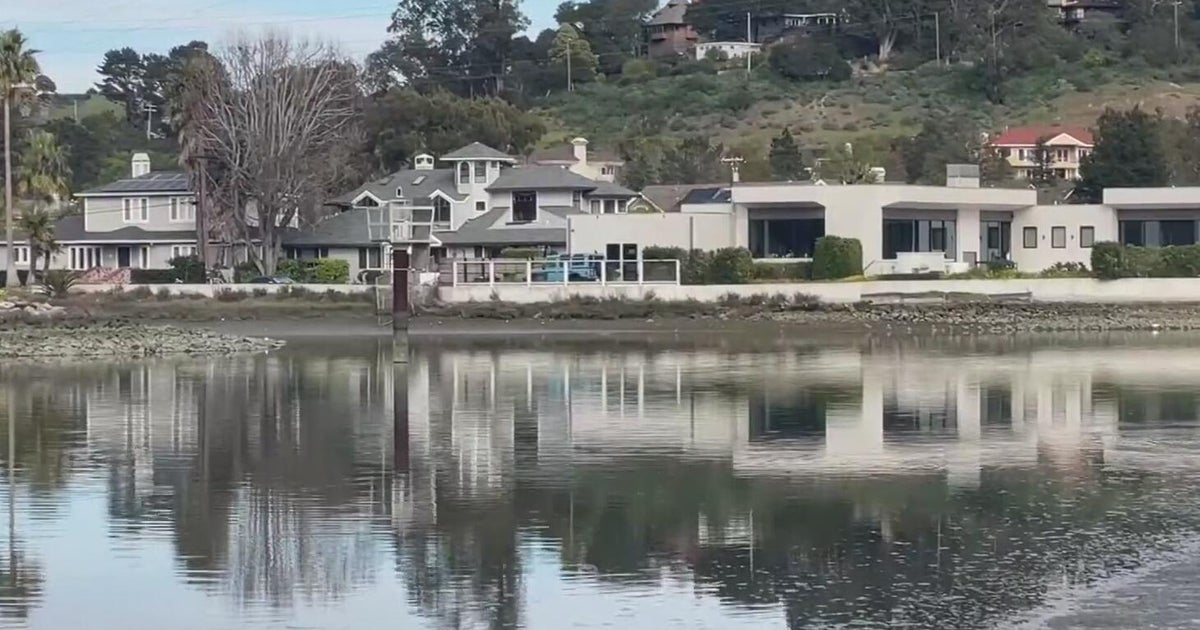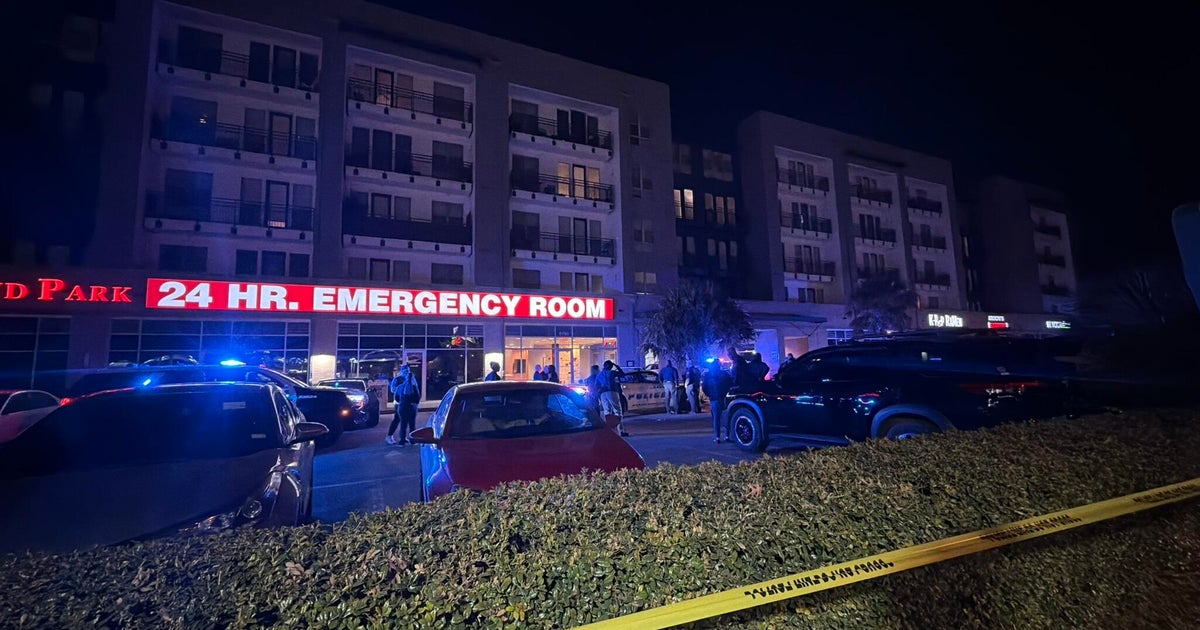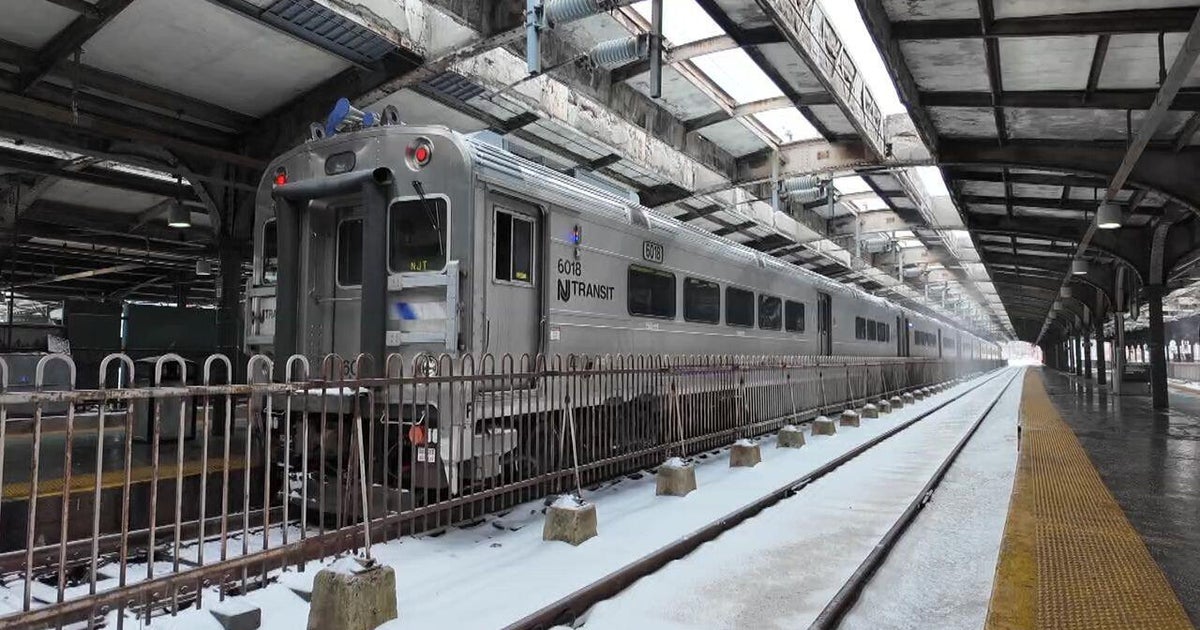'An All Hands On Deck Effort': Newark Distributing Free Lead Filters To Protect At-Risk Residents
NEWARK (CBSNewYork) - Newark officials are handing out free water filters to reduce potential lead in the water.
Officials are going door to door to properties with known or suspected lead service lines to hand out the filters.
The move comes after the city received results of a lead and copper study last week that found the corrosion control in part of the water system is not effective.
Lead in the water has been an ongoing issue in Newark.
Residents in the city are rightly concerned, CBS2's Meg Baker reported.
"Should be taking care of us, especially in our homes, in our school systems... that's crippling our health out here," said resident Andre Balmir.
Newark's water system has consistently tested positive for elevated levels of lead in schools, homes and businesses.
"It's a basic need for everyone. It's a part of life. Everyone needs water to survive. You have to drink water, you have to bathe with water, so it needs to be clean," said resident Najee Wagstaff.
Friday, Mayor Ras Baraka announced the corrosion control system is no longer effective and home filtration systems are needed.
"We have one of the oldest cities in the nation that still has lead soldering pipes and still has lead service lines. As a result of that, lead gets into the water supply when it leaves the source and goes into people's homes," Newark Mayor Ras Baraka said. "The corrosion control presently being used has not been effective in various parts of the north ward, parts of the south ward, the west ward and the central ward. The east ward has been unaffected by this at all. We are taking this mess seriously and we have an aggressive plan of action to address this issue as soon as possible."
Some question why infrastructure has not been updated as new high rise buildings go up.
"They should have thought about that a long time ago as preventative maintenance," said resident Jennifer Boyle Wibrow.
"The city is going to use other chemicals around corrosion control. That will take the city anywhere from 6-8 months to get that done," Baraka said. "Replacing the lead service lines is going to take the city anywhere between 5-8 years to do. It is a long process and if we don't have corrosion control measures that effectively reduce the amount of lead that's going into people's water before we change their lead service lines, we need to act. And so that's what we're doing today, we're acting, by making sure that those folks that are affected in those areas of the city will be getting a filter."
The state has partnered with Newark to replace individual service lines. Normally the city would not be able to go on to private property to fix the affected service lines. Because this is a health crisis, they will go on private property.
The city says they will work to implement new measures and help property owners replace lead service lines. Residents who do not have those lines do not have to be concerned about lead in their water.
Lead can seep into the water when it dissolves out of lead service lines connecting the water supply to homes. The city's water mains do not contain lead, and homes particularly at risk for having a possible lead service line and solder joints are ones built before 1986, when lead lines were banned.
Baraka called it an "all hands on deck effort."
The $75 million plan could take eight years.
Newark residents are urged to take the following three steps:
- Call 973-733-6303 to find out if you have a lead service line. Not all residences in Newark are affected. The Newark Water Department is available to provide this information.
- If you have a lead service line, begin using filtered or bottled water immediately. "Flushing" – running the water from the tap for a few minutes – will not work in this case. Newark is distributing water filters to affected residents.
- Get children's blood tested for lead levels. Talk to your health care provider or the Newark Department of Health and Community Wellness at 973-733-5323.
"There are some homes that are not affected by this at all. So every resident in the city does not need a water filter. Everybody does not need that," Baraka said.
Households with women who are pregnant, small children and elderly residents are being prioritized for the first filter distribution.
"I fully support Mayor Baraka's efforts to urgently respond to this situation,"said Governor Phil Murphy. "Our first priority is assuring the health of our residents, and so we urge everyone to follow the guidance from state and local officials. My administration stands ready to provide any assistance necessary."
"We urge all city residents in exposed homes to provide either filtered or bottled water to children under age 6 at home, especially when mothers are using powdered baby formula or other powdered drinks to feed their children," said Department of Health Commissioner Dr. Shereef Elnahal. "Formula-fed infants are especially at risk. Lead can have long-term effects on the developing brains of children."
For more information about the lead service program, click here.







